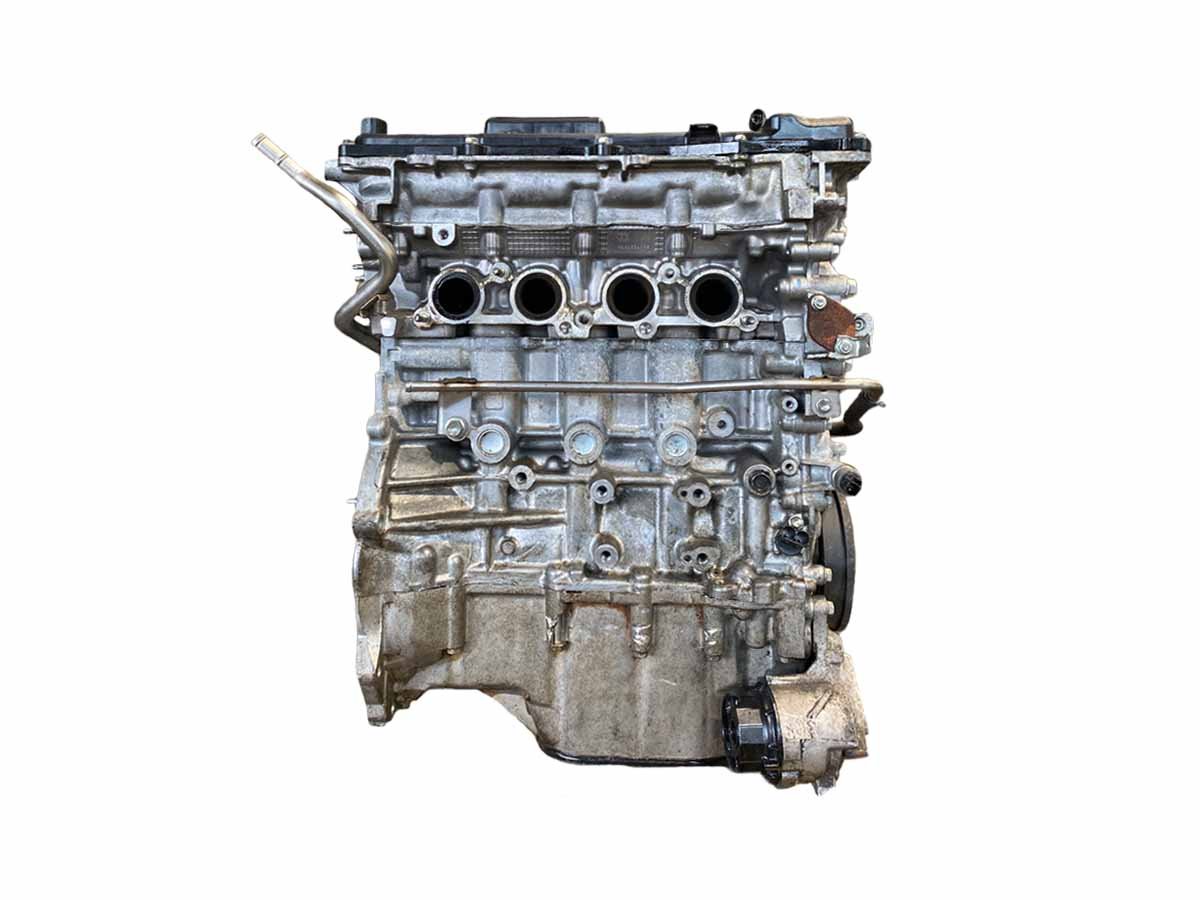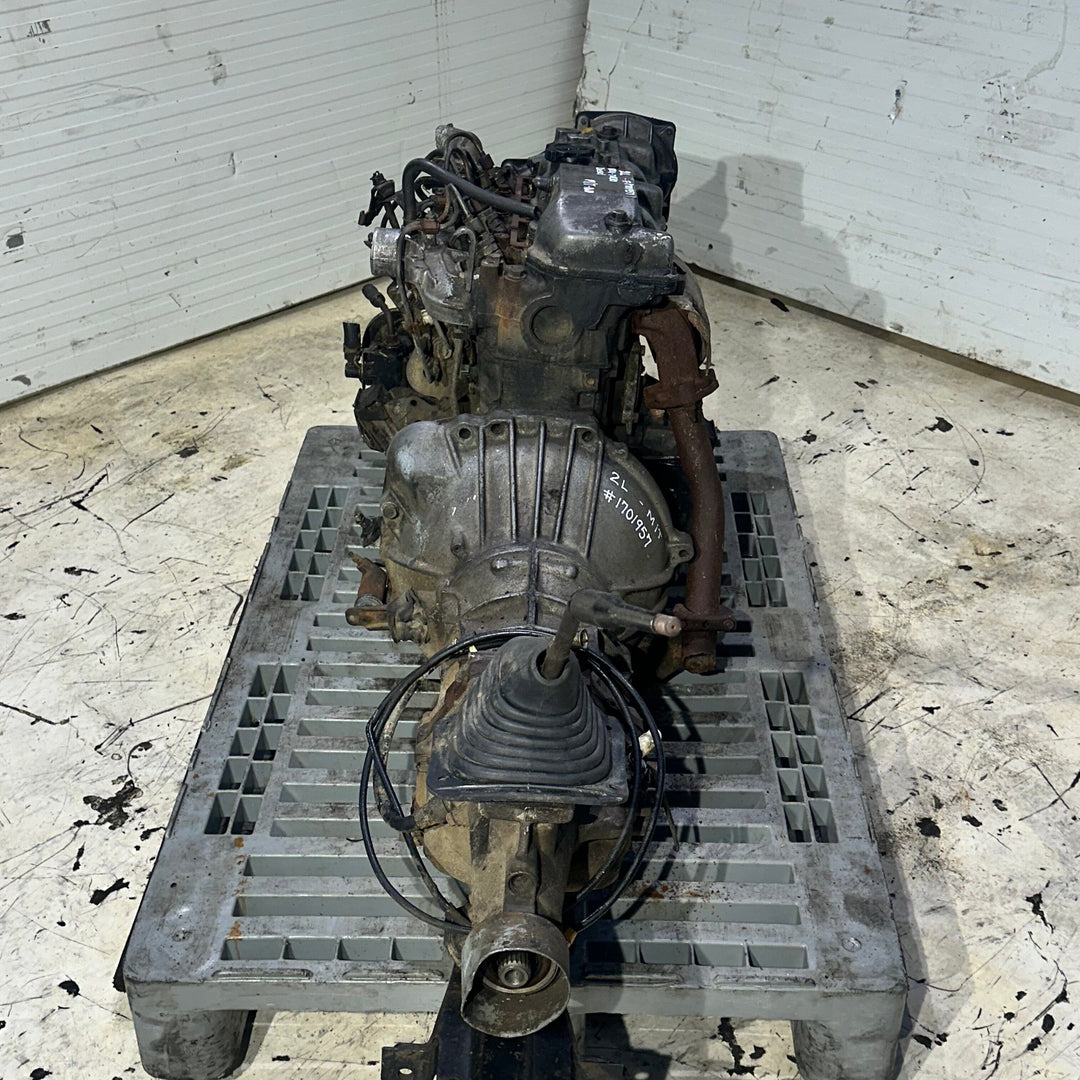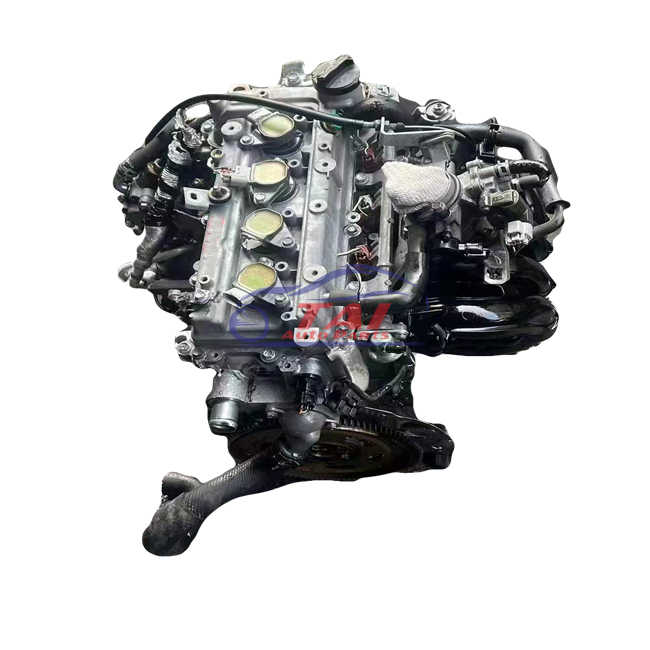Explore Top Quality and Worth: Your Overview to Acquiring a Second Hand Engine
When considering the purchase of a used engine, recognizing the elaborate balance between top quality and worth is extremely important. An extensive assessment of engine history, problem, and dependability is vital to guarantee an audio financial investment.
Recognizing Engine Types
When thinking about the acquisition of a used engine, comprehension of the different engine types is vital for making an educated decision. Engines can typically be classified into 2 major types: internal combustion engines and electric engines.
On the various other hand, electric engines make use of electricity saved in batteries to power the lorry, offering a cleaner alternative with fewer relocating components and reduced maintenance needs. Within these classifications, there are additionally differences, such as four-stroke versus two-stroke inner burning engines, and various electric motor arrangements.
Understanding these distinctions is essential, as they influence efficiency, compatibility with existing lorry systems, and long-term functional costs. By familiarizing oneself with the numerous types of engines offered, prospective buyers can better analyze their needs and choose that straighten with their vehicle's requirements and their personal choices.

Evaluating Engine Problem
A thorough analysis of engine condition is critical for any individual thinking about the acquisition of a used engine. Start with an aesthetic evaluation; check for signs of oil leaks, corrosion, or any type of physical damage to the engine block. A clean engine is commonly indicative of excellent upkeep methods, while extreme gunk may suggest forget.
Next, analyze the engine's parts, including the timing belt, gaskets, and seals. Try to find deterioration, as these parts can be pricey to replace. In addition, take a look at the engine mounts, as harmed places may result in resonances and further mechanical issues.
A compression examination is crucial to gauge internal engine health. Consistent compression across all cylinders suggests a well-maintained engine, whereas substantial disparities might indicate internal damage or wear.
Paying attention to the engine during a startup can provide important understandings; any type of uncommon sounds, such as rattling or knocking, might recommend deeper problems. Finally, if feasible, request a trial run to examine performance under tons. By thoroughly evaluating these variables, prospective buyers can make educated choices and secure a quality pre-owned engine.
Monitoring Engine History
Comprehending the engine's history is critical for making a knowledgeable purchase. Knowledge of previous usage, upkeep records, and any type of previous problems can considerably influence the engine's dependability and durability. Start by asking for the lorry recognition number (VIN) or engine serial number, which permits you to map the engine's history.
Use available resources, such as Carfax or AutoCheck, to get a car background report. This report will certainly provide crucial insights, including crash history, service records, and previous ownership details. Toyota RunX RSI. Pay specific attention to any kind of indicators of severe damage or repeated repairs, which may indicate underlying issues
Inquire concerning maintenance routines executed on the engine. Routine oil modifications, timing belt replacements, and other safety nets show accountable ownership. Additionally, ask if the engine has undergone any modifications, as non-standard modifications can impact performance and compatibility with your lorry.
Finally, if Toyota RunX RSI feasible, look for confirmation from a trusted technician who can examine the engine's problem based on its background (Toyota RunX RSI). This comprehensive investigation will certainly aid you prevent potential challenges and make sure that your financial investment is sound and worthwhile
Guarantee and Return Plans
Acquiring a used engine typically comes with varying guarantee and return plans that can significantly impact your choice. When considering a used engine, it is important to thoroughly evaluate the warranty alternatives given by the seller.

Furthermore, trustworthy vendors typically give paperwork that outlines the service warranty and return process, guaranteeing transparency. Always request this details before finalizing your purchase. A well-defined service warranty and return policy can provide comfort and protect your financial investment, making it an important component of the decision-making process when getting a second-hand engine.
Finding the most effective Deals
When seeking the most effective offers on a pre-owned engine, it is important to conduct thorough research study and compare prices from numerous vendors. Start by exploring on-line markets, automobile discussion forums, and neighborhood salvage lawns to gather an extensive understanding of the market. Making use of cost contrast devices can improve this process, highlighting affordable prices throughout different systems.

Think about timing your purchase purposefully. Seasonal changes in demand can influence costs, with certain times of the year supplying much better deals. Furthermore, be open to negotiating rates; several sellers might be prepared to lower their asking price, specifically if the engine has been provided for an extended duration.
Final Thought
In recap, purchasing a used engine demands a comprehensive assessment of quality important source and value. Evaluating engine condition through evaluations and examinations, validating its background, and comprehending warranty and return plans are critical actions.
When taking into consideration the purchase of a second-hand engine, comprehension of the various engine types is essential for making an educated choice. Engines can normally be classified into two primary types: internal combustion engines and electrical engines. Fuel engines are commonly lighter and rev greater, making them appropriate for efficiency cars, while diesel engines are renowned for their torque and fuel performance, usually preferred in heavy-duty applications.
A detailed examination of engine condition is vital for any person thinking about the purchase of a used engine. Begin by asking for the automobile identification number (VIN) or engine serial number, which permits you to trace the engine's history.